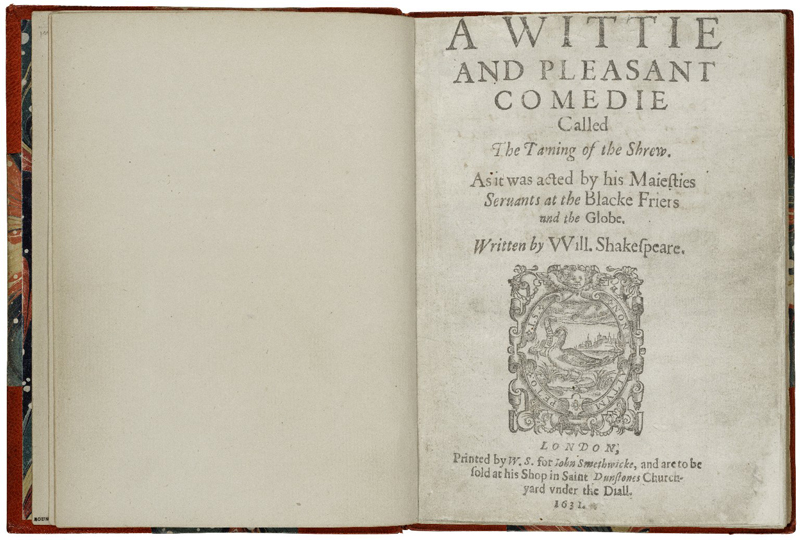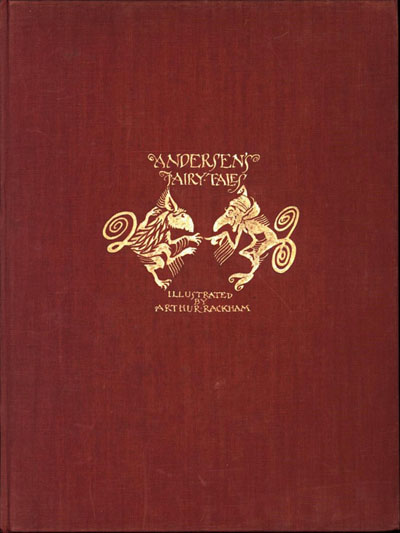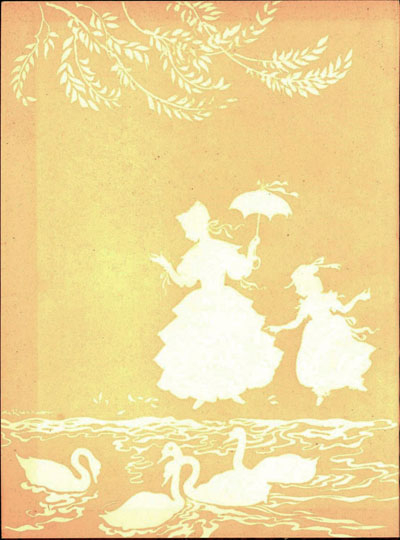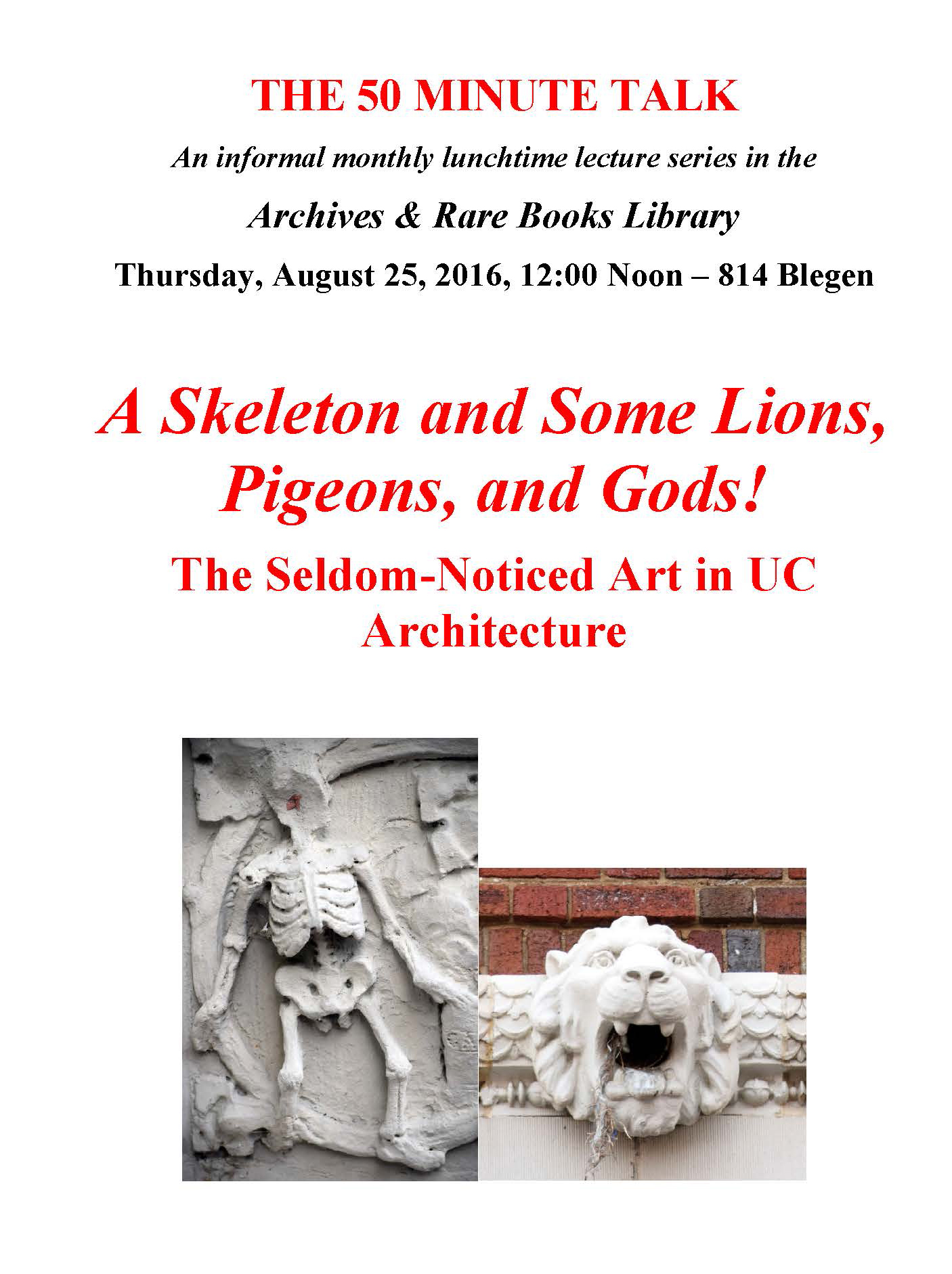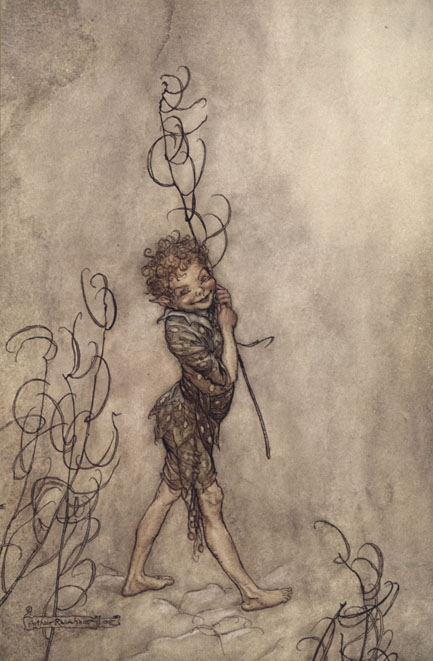By: Sydney Vollmer
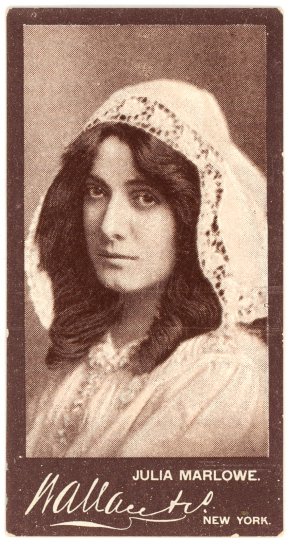 On August 17, 1866, Sarah Frances “Fanny” Frost was born in Caldbeck, England to John and Sarah Frost. As Julia Marlowe, she died at age 84 in New York City’s Plaza Hotel. Between those two events, she discovered passion, love (multiple times), and fame.
On August 17, 1866, Sarah Frances “Fanny” Frost was born in Caldbeck, England to John and Sarah Frost. As Julia Marlowe, she died at age 84 in New York City’s Plaza Hotel. Between those two events, she discovered passion, love (multiple times), and fame.
The future Shakespearean actress was born into a relatively normal family. She had four siblings, three sisters and a brother and her parents owned a general store while also working in the trades of needlework and boot making. Her father sometimes got drunk and her mother always got frustrated with him. At the age of 5, though, all of that “normalcy” changed for Marlowe. It was the year that her father whisked the family away to America. Plenty of people were immigrating to America during the 1870s, but Marlowe’s father did so to stay out of trouble. During an impromptu horse race between her father—where he was most likely drunk— and one of their neighbors, Mr. Frost allegedly took out his competitor’s eye with his whip. Knowing that he would surely face prosecution if he stayed, he immediately took his wife and children to America. Once arrived, they first settled in Kansas, but soon moved to Portsmouth, Ohio with the new surname “Brough,” which was the maiden name of Julia’s mother. Later on, the family would find out that the competitor had been playing a cruel joke and there had not been any reason to leave so urgently. Continue reading →
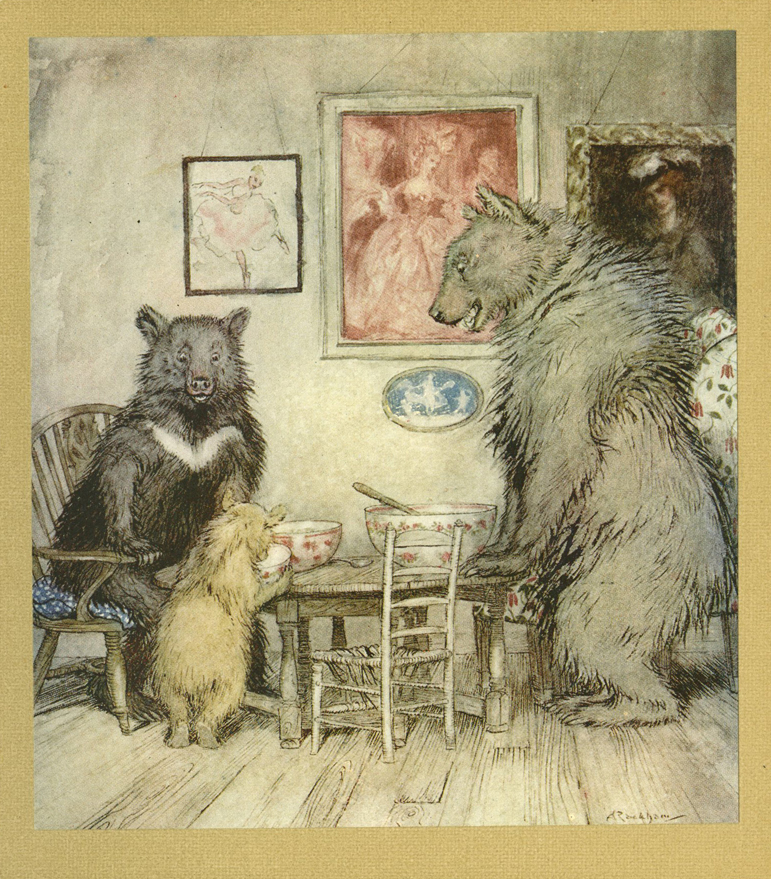 In our present time, it seems stories are constantly being changed or redone to make them more applicable to our lifestyle. This certainly isn’t an entirely new phenomenon in the course of literature, but the frequency seems to be picking up. Like any other content, fairytales are not excluded in this world of remakes, but how much are we allowed to change things? How does it impact the future generations who are learning these stories for the first time? Continue reading
In our present time, it seems stories are constantly being changed or redone to make them more applicable to our lifestyle. This certainly isn’t an entirely new phenomenon in the course of literature, but the frequency seems to be picking up. Like any other content, fairytales are not excluded in this world of remakes, but how much are we allowed to change things? How does it impact the future generations who are learning these stories for the first time? Continue reading 



